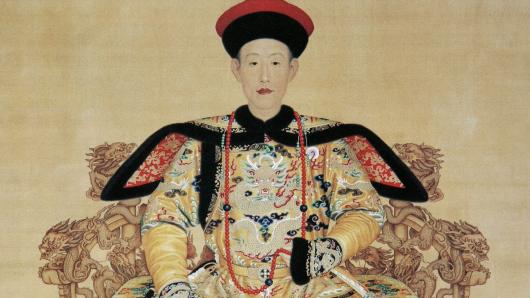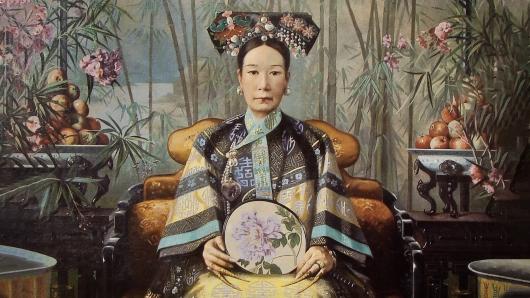What you'll learn
How the Manchus conquered Ming China.
How the last of the imperial dynasties were established.
How the Qing dynasty became the foundation on which modern China was built.
How to evaluate the imposition of foreign rule.
How to develop your own approaches to history and gain a critical appreciation of China’s literary, philosophical, political and cultural resources.
How to express ideas more clearly and confidently.
Course description
This course, part of a comprehensive series on China, looks at the Qing state in the early 1600s and the challenges that the Manchus faced as minority rulers. While living in Chinese cities and surrounded by Chinese culture — a culture that was far more sophisticated than their own — the Manchus struggled to hold onto their identity as a conquesting people.
We'll look at the last period of ascendancy for China before the modern era. We’ll cover China in the 18th century, under the Kangxi, Yongzheng, and Qianlong emperors — a period in which the size of the empire nearly doubles.
The Qing was the last dynasty before the foundation of the modern republics and sets the stage for everything that will come after. Join us to learn about this critical era in Chinese history, an era that sets the stage for a truly modern China.







